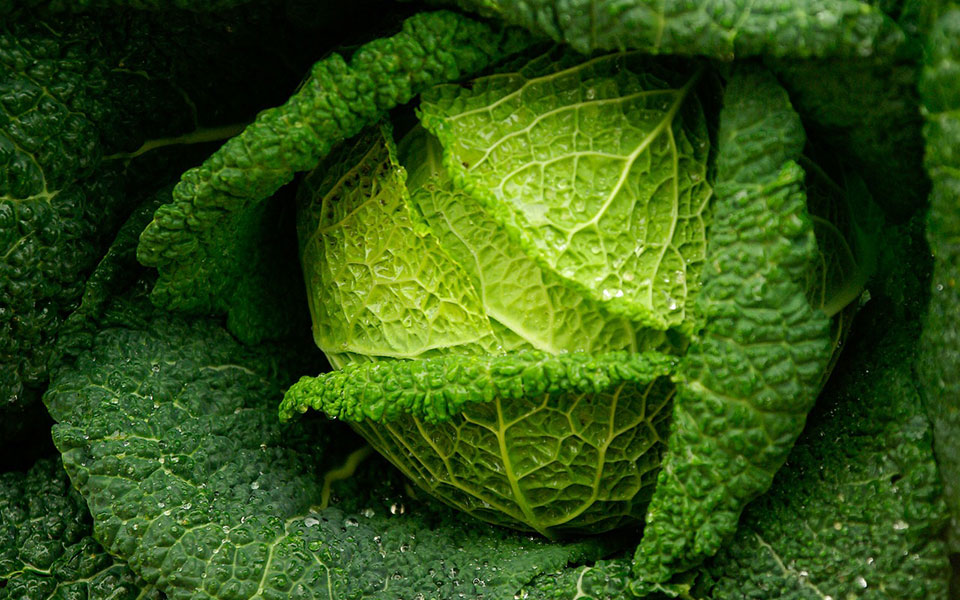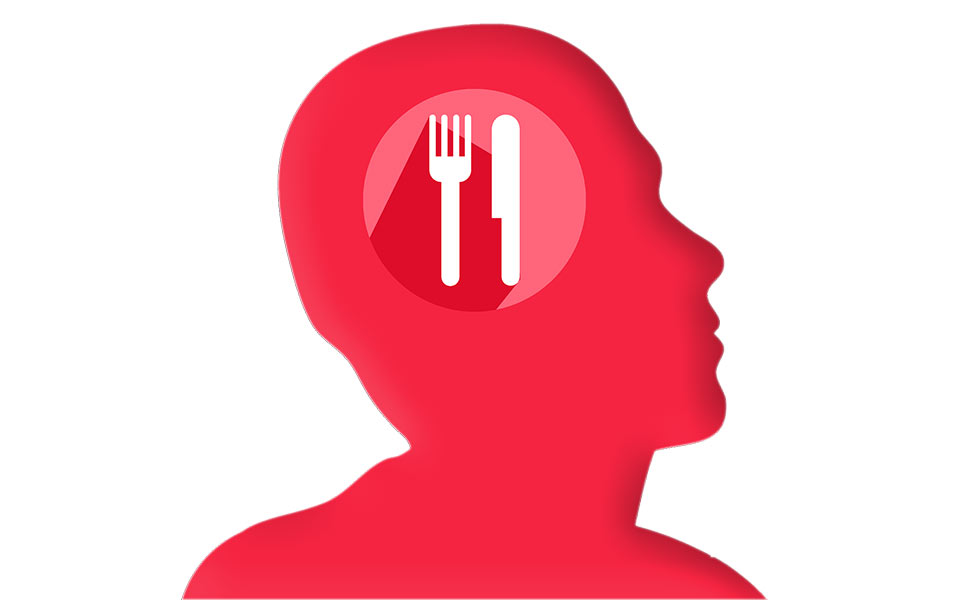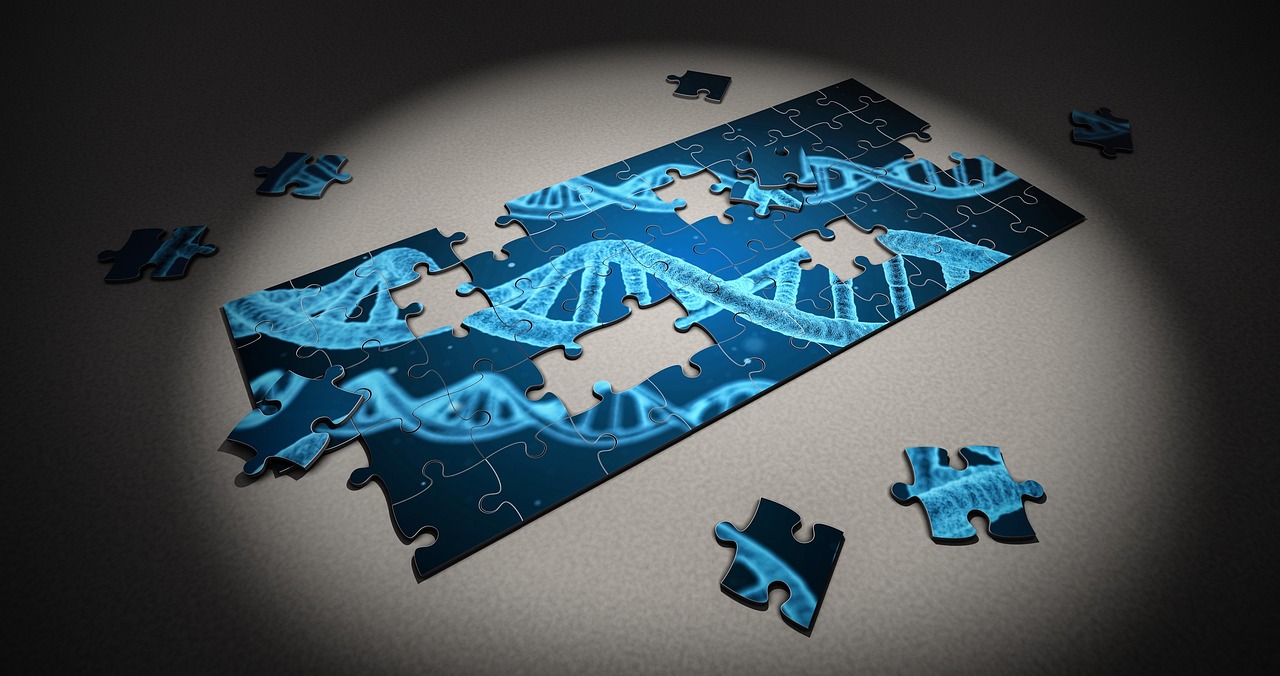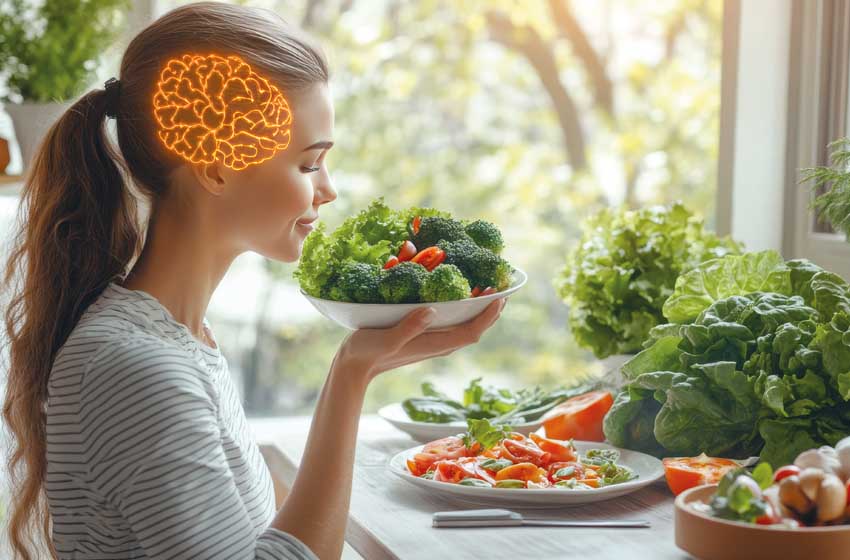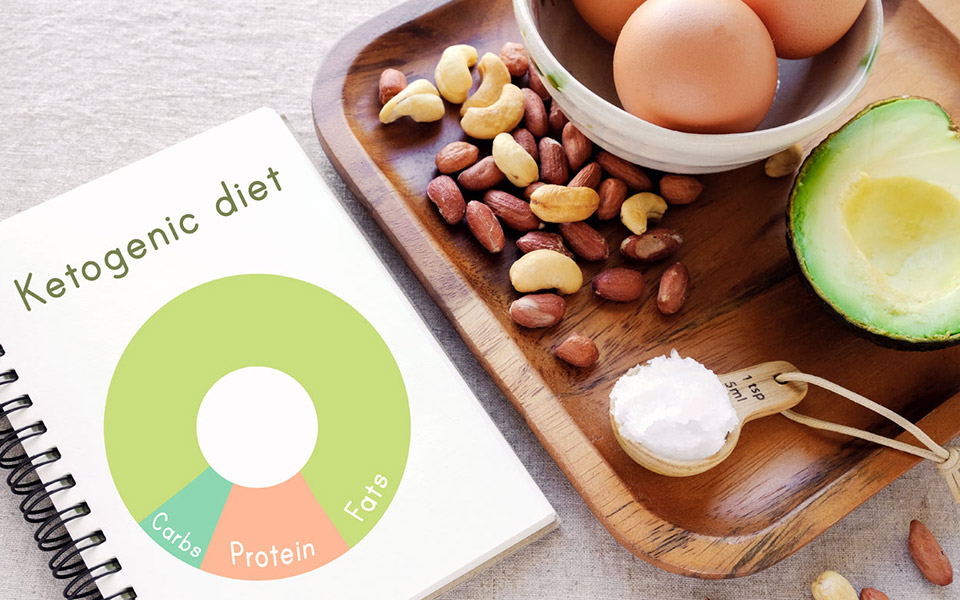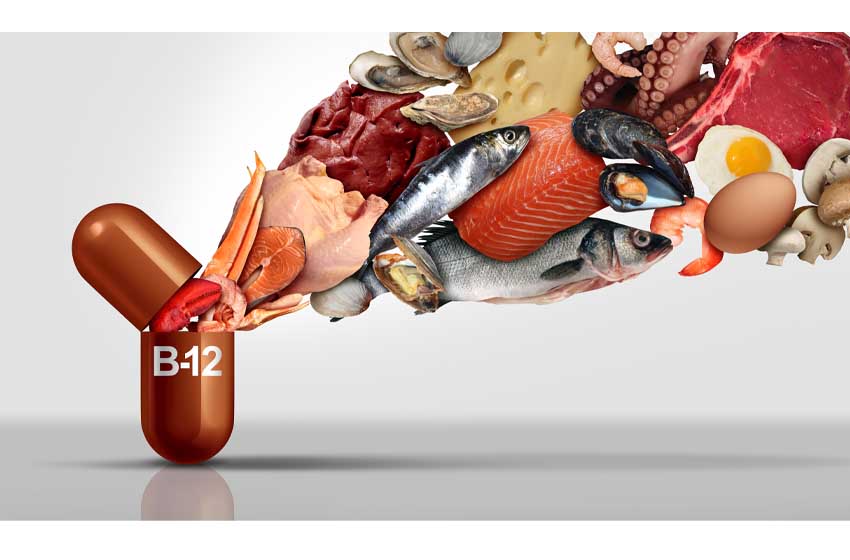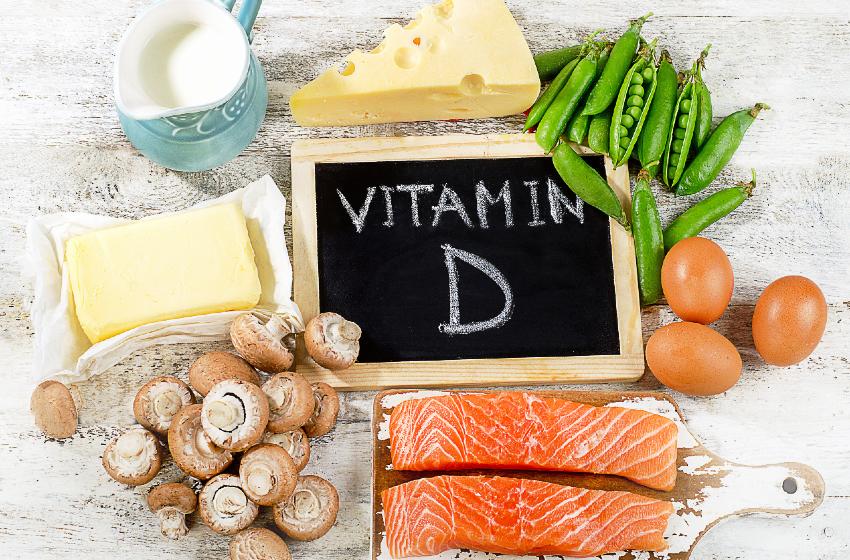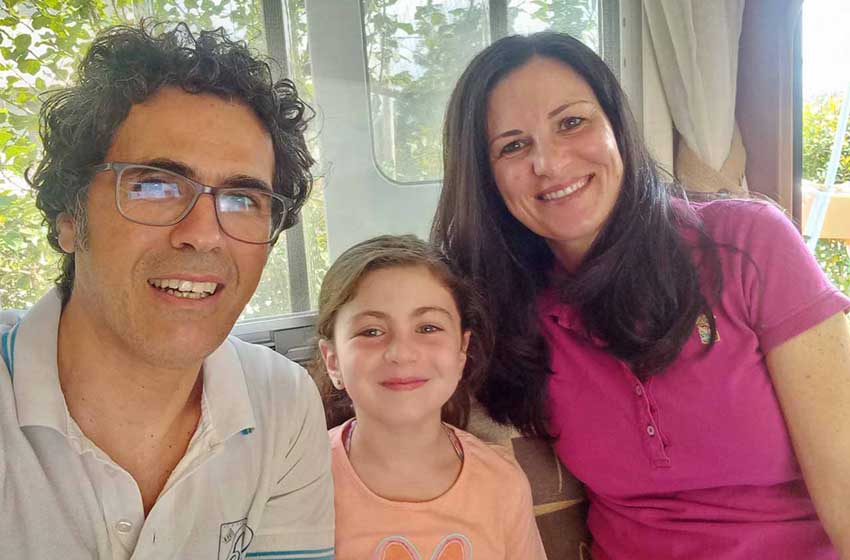For decades, studies have associated the consumption of broccoli and other cruciferous vegetables with a lower incidence of tumors and type 2 diabetes. More recently, the effectiveness of these vegetables has also emerged for intestinal health, confirming themselves as of “superfoods” with high protective power.
THE PROTECTIVE BARRIER OF DIGESTION
The small intestine is lined with a barrier that allows beneficial nutrients to pass into the body, but blocks undigested food debris and bacteria that could cause harm instead. All this is possible thanks to the work of a series of cells present there – enterocytes, goblet cells, Paneth cells – which participate in digestion. The authors of a recent study, conducted on mice, highlighted that broccoli contains some molecules that bind to a particular receptor (AHR) to trigger a series of activities that improve the functioning of intestinal cells and the maintenance of the barrier.
THE EXPERIMENT ON MICE
To figure this out, the researchers fed an experimental group of mice a diet containing 15% broccoli – the equivalent of about 3,5 cups a day for humans – and fed a group of control mice a typical diet. laboratory, completely free of broccoli or other cruciferous vegetables. The animals' tissues were examined to see how activated the AHR was and other indicators of a healthy gut such as the amount of various cell types present and the concentration of mucus.
It was thus seen that, compared to the others, the mice fed without broccoli had: reduced AHR activity; a decrease in the number of enterocytes, goblet cells and Paneth cells; less mucus; an impaired function of the intestinal barrier; a reduced transit time of food in the small intestine. In other words, the mice that had not eaten broccoli had clear and multiple indicators of a compromised and diseased intestine.
'MEDICINE FOODS' FOR A RESILIENT GUT
To the already known protective properties of broccoli and other cruciferous vegetables, one is still fully explored: that of promoting the resilience of the small intestine. All the more reason to integrate broccoli, cauliflower, Brussels sprouts, rocket, cabbage, red cabbage, white cabbage and mustard into your dietary routine, powerful medicinal foods that act as a shield against diseases.
Dr. Debora Rasio
Doctor, specialist in medical oncology, researcher at the Sapienza University of Rome, nutritionist for Rai, Mediaset and La7, author of the bestsellers “Death by Medicine” - Axios Press; “The diet is not a diet” -Mondadori- and the recent one “The diet for life” -Longanesi boasts notable research activity abroad too - among his collaborations is that with the Kimmel Cancer Center of Thomas Jefferson University in Philadelphia. It was precisely her activity as an oncologist and her studies in the field of molecular biology that led her to become interested in nutrition as a tool for protecting health.
SOURCE: Xiaoliang Zhou, Debopriya Chakraborty, Iain A. et al. Aryl Hydrocarbon Receptor Activation Coordinates Mouse Small Intestinal Epithelial Cell Programming. Laboratory Investigation, 2023; 103 (2): 100012 DOI: 10.1016/j.labinv.2022.100012


